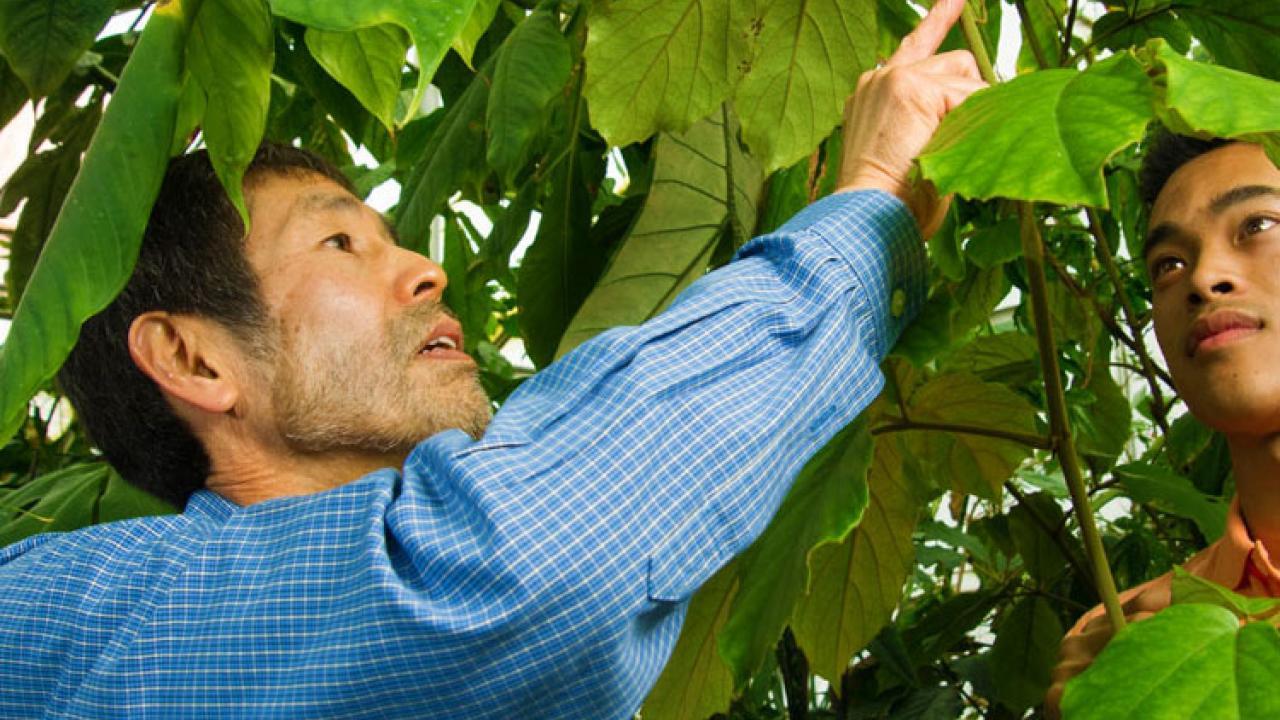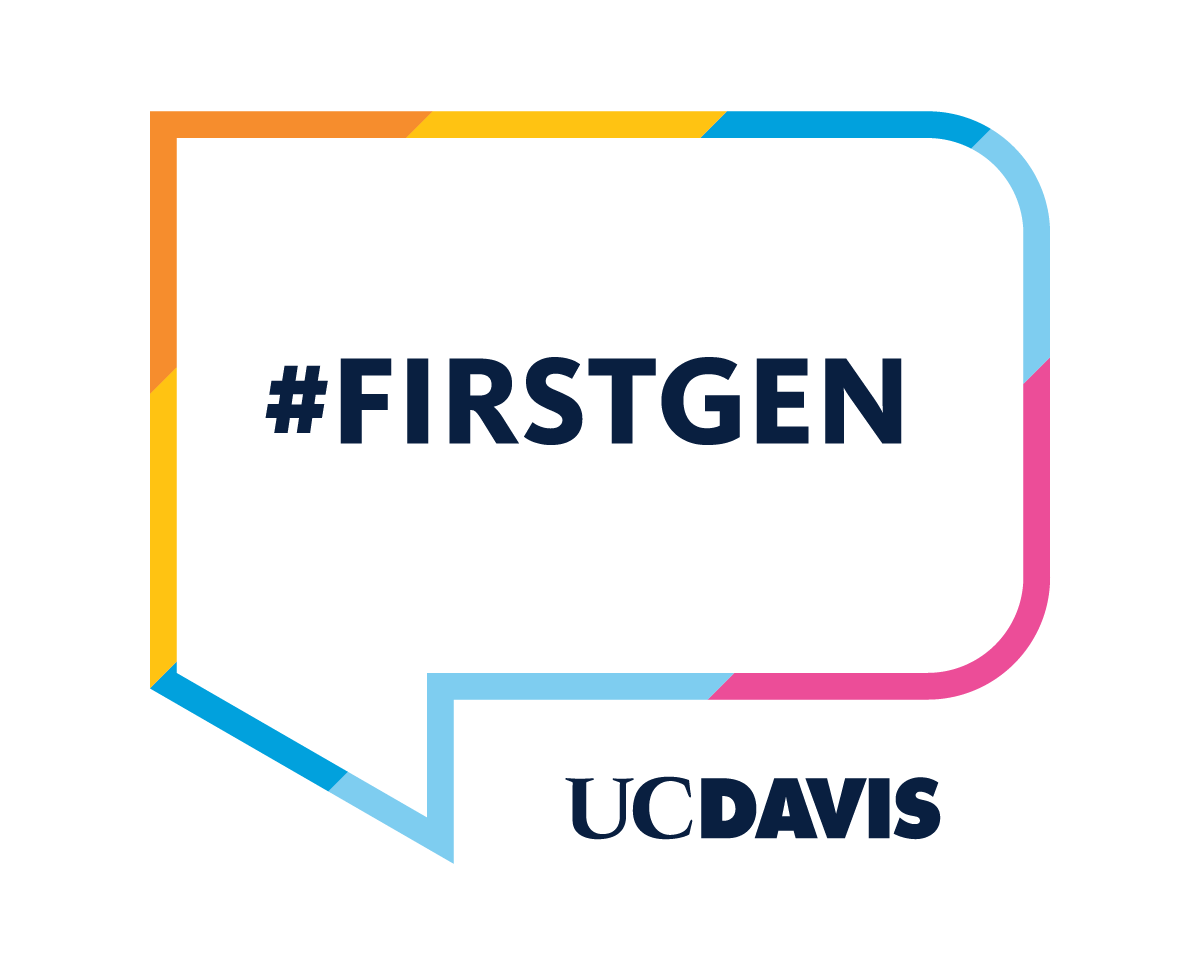
John Harada
“I was probably second I my class when I graduated high school, but I was probably at the bottom when I got to UCLA. The education we received at Garfield wasn’t the same [as other students’]. I spent my first quarter reviewing chemistry – I was working constantly to catch up. My older brother had gone to community college and transferred to UCLA – I remember as a freshman my brother telling me “Shoot for a C, you’ll be fine.” So I was happy getting Cs when I first started out. As I went along I applied myself more and I decided I could really compete and do well.
Harada went to UCLA with an interest in biology, thinking he may become a medical doctor. “Families [of first-generation students] know of certain professions,” he said. But Harada became more interested in discovery than in medicine. He recalls a moment when his feelings and thoughts came together in the realization that all of life is just directed chemistry. Wanting to know about biochemistry, he went to Professor Charlie West’s office hours. “It was the first time I went to a professor, and he was one of the nicest guys around.” West invited Harada to do undergraduate research, and it was through that opportunity – interacting with graduate students and postdocs – that he identified that he was interested in a career in science.
On Learning, Teaching, and Mentorship
Harada was awarded the UC Davis Distinguished Undergraduate Teaching Award in 2007. Asked how he learned to teach, he focused on mentorship. “Being a good teacher came for me through mentoring – mentoring I received that was not specific for teaching. A number of mentors taught me how to think about problems, approaches, and answering questions that arise. Through that process they taught me how to explain what problems are and the process to get to the answers. As people were teaching me how to do science, they taught me how to teach. I applied the thought processes I had been taught to teaching. I teach from a problem solving standpoint, and students stay engaged.
Advice for students
Get into research. Learn about what research is all about.
Explore, but have a goal. It’s ok if the goal changes, as long as you have one. You don’t have to end up with what you start off with – you can change. But every time you change your goal, make a commitment. Have a good foundation. Get good training, and find people to help you along the way.” Harada changed his goals in graduate school, from mammalian cell biology to plant molecular biology – the pathway that brought him to UC Davis. “It was a major change but I received good training.”
When you feel isolated and are not sure who to contact, there are a lot of people here who are willing to help you out and to help you achieve your goals.
